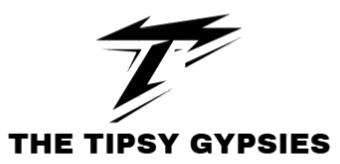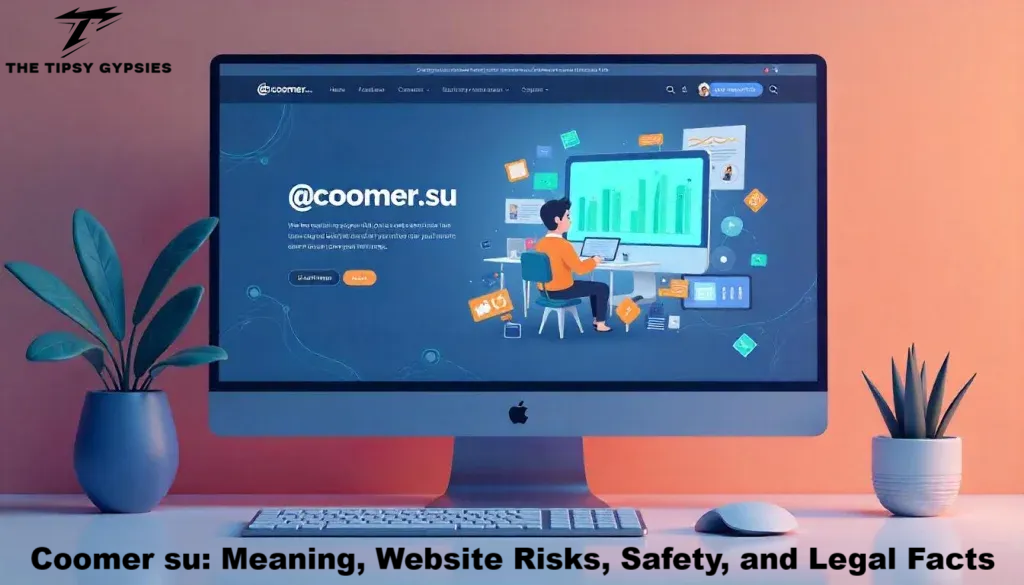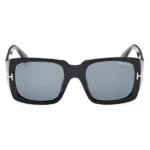Coomer su is a term used in two main contexts. In online culture, it refers to a slang meme character called “Coomer”, which represents compulsive viewing of pornography. In online safety discussions, it often refers to websites, especially those using the .su domain, that host or copy subscription-based adult content from platforms like OnlyFans or Fansly. These sites often raise legal, ethical, and cybersecurity concerns.
What is Coomer su
In simple terms, Coomer su can mean:
- A meme character from internet culture that symbolizes addictive sexual content consumption.
- A mirror or archive site, often using a .su domain, that republishes paid content without the creator’s permission.
Understanding the Cultural Origin of “Coomer”
The “Coomer” meme first appeared around 2018 and 2019 in internet communities such as 4chan. It shows a scruffy, tired-looking Wojak cartoon designed to humorously or critically represent someone who is overly focused on pornography.
While it started as a joke, the term quickly became shorthand for discussions about unhealthy online habits, overconsumption of adult material, and mental health concerns that may come with it.
The Website Side: Coomer su as a Content Archive
When people search for Coomer su, they often mean Coomer Party–style archives. These are public websites that collect and organize subscription-only content from adult platforms.
In practice, this means:
- People with legitimate access, or those using automated tools, upload content from creators.
- The site stores and organizes the material in a searchable format.
- Anyone can browse or download files without paying the creator.
This setup is widely considered piracy because it bypasses the payment system that supports creators.
How These Archives Operate
Coomer-style archives usually work in three main steps:
- Acquisition – Content is taken from paying subscribers or automated scraping tools.
- Storage and Indexing – The files are sorted by creator name, category, or platform.
- Public Access – Visitors can view or download the material for free, sometimes alongside intrusive ads or popups that may carry malicious software.
Because of this model, these sites are frequent targets of DMCA takedown requests from platforms like OnlyFans, Fansly, and Patreon.
The .su Domain: Historical Background
The .su top-level domain was assigned to the Soviet Union in 1990. Even though the USSR dissolved in 1991, the domain is still active today under Russian administration.
This situation is unusual, and there have been discussions within ICANN (the organization that manages domain names) about retiring .su. As of now, it remains available.
Some website owners choose .su for its availability and the perception of lighter regulation compared to stricter domain zones. However, using .su does not automatically make a site illegal or unsafe.
Cybersecurity Concerns with Coomer su
Security companies, including Malwarebytes, have flagged coomer.su as riskware. This means the site’s setup or content could potentially harm visitors. Common risks include:
- Malvertising – Ads that install malware or redirect to unsafe websites.
- Clickjacking – Hidden or misleading clickable areas that cause unwanted downloads or actions.
- Malicious File Sharing – Infected files placed inside downloadable archives.
Even without downloading anything, simply visiting a high-risk site like this can expose your browser to harmful scripts or hacking tools.
Safe Browsing Practices if You Encounter Such Sites
If you must visit such a site for research or investigation:
- Keep your operating system and browser fully updated.
- Use strong, trusted security software and turn on ad/tracker blocking.
- Avoid logging into any personal accounts while visiting.
- Do not download files from unverified sources.
- Use a virtual machine or a separate device for viewing to keep your main system safe.
Legal Aspects: Uploading vs. Viewing
From a legal perspective:
- Uploading or sharing subscription content without permission is almost always a copyright violation.
- Viewing this content is not usually prosecuted by itself, but downloading, reuploading, or sharing it can bring legal problems.
- Violations can also break terms of service on platforms like OnlyFans or Fansly, leading to account bans or other consequences.
How Creators Can Protect Their Work
Creators can take the following steps if their work appears on a Coomer-style site:
- Collect evidence – Save URLs, screenshots, and timestamps of the stolen material.
- Submit DMCA takedown requests – Contact the website host, domain registrar, and any content delivery networks being used.
- Use official platform tools – OnlyFans and Fansly have dedicated copyright claim forms.
- Request search engine removal – Ask Google and others to remove links pointing to the stolen content.
- Consider professional help – Legal services or specialist takedown companies can handle ongoing infringement cases.
Ethical and Wellbeing Considerations
Although the Coomer meme is usually intended as humor, compulsive adult content use can harm mental health, relationships, and productivity.
The discussion around Coomer su is also about respect for consent and creative labor. Paying for content supports creators financially and allows them to control how and where their work is shared.
The Wider Archive Ecosystem
Coomer-style archives mainly focus on OnlyFans and Fansly, while similar sites like Kemono target Patreon, Fanbox, and other platforms.
In every case, the pattern is the same:
Content is taken, made searchable, targeted for takedowns, and then reappears on new domains.
This “cat-and-mouse” cycle means that coomer.su might not always be the primary site. New mirrors often appear under different names or domain endings.
Conclusion
Coomer su is both a meme with roots in online culture and a name used for certain adult content archive sites. While the meme itself is lighthearted satire, the websites linked to it raise serious legal, ethical, and security concerns.
If you are a viewer, take steps to protect your devices and support creators directly. If you are a creator, act quickly to document stolen work and request removals. You are researching, use safe browsing methods and rely on reputable information sources.
Understanding both the cultural and technical sides of Coomer su helps you make informed and responsible choices about how you engage with such content.
Frequently Asked Questions ( FAQs )
What is Coomer su?
Coomer su is either an internet meme about compulsive adult content use or a website that mirrors subscription-based adult content, often hosted on a .su domain, without permission from the creators.
Is Coomer su safe to visit?
No, Coomer su is flagged by security vendors as riskware. Visiting it can expose you to malware, malicious ads, and harmful scripts, even if you do not download anything.
Is Coomer su legal?
Operating or uploading to Coomer su is generally illegal if it involves copyrighted material without permission. Viewing content is not usually prosecuted, but downloading or sharing it can break the law and platform rules.
Why does Coomer su use the .su domain?
The .su domain was created for the Soviet Union in 1990 and is still active. Some sites use it because it is available and less regulated than other domains.
How can creators remove their content from Coomer su?
Creators can file DMCA takedown requests with the website, its hosting provider, and search engines. They should also use platform-specific copyright claim tools, such as those from OnlyFans or Fansly.






